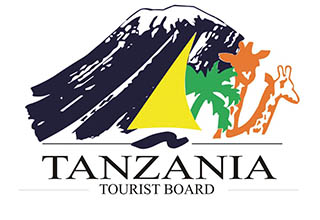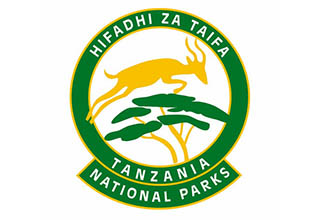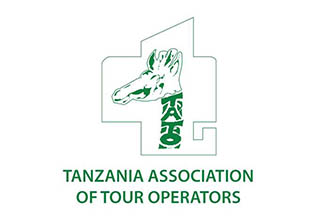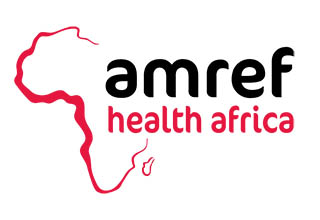Useful information:
Capital: Dar es Salaam
Currency: Tanzanian Shilling (Tsh.)
Approximate exchange rate: $1 = Tshs.2,240
Time code: GMT+3
Language: Kiswahili and English
Electricity: 220 volts, AC 50 Hz
International Dialling Code: +255
Tanzania: Stable Democratic state
Current Head of state President: Hon Dr. John Pombe Joseph Magufuli
Credit cards accepted: American Express, MasterCard, Visa, Eurocard and Diners
Getting to Tanzania
By air: Tanzania has three international airports, in Dar es Salaam, Kilimanjaro and Zanzibar. There are daily flights to any number of European destinations. There are no direct flights from the USA to Tanzania; the easiest connections are through Europe or South Africa. There are regular flights from other African countries to Dar es Salaam International Airport, mostly from Nairobi, Kenya and Johannesburg, South Africa.
By road: From the north, paved roads connect Nairobi (Kenya) with Arusha and cross the border at the Namanga post. A number of buses, leaving twice daily between the two cities, also follow this route. From the south, the road from Malawi enters Tanzania at Karonga, but there are no viable bus services on this route. Internal roads connect Arusha and Dar es Salaam to major towns around the country. Ferry services connect, three times a day, Dar es Salaam and Zanzibar Stone Town.
Visas: Visas are obtainable at the entry point.
Weather: Tanzania’s climate is predominantly tropical. Coastal areas are usually hot and humid. The average day temperature is 30 degrees Celsius. Tanzania has two rainy seasons: the long rains from late March to June, and the short rains from November to January. The hottest time of the year is from December to March, before the long rains. The coolest months are from June to August. In high altitude areas such as Kilimanjaro and the Ngorongoro highlands, temperatures can fall below freezing point.
Health: Consult with the units of tropical diseases in your hometown in order to get proper information about prevention. Tanzania has tropical weather, therefore it is important to take precautions against Malaria. Malaria comes through mosquito bites; in order to avoid it, please take with you mosquito repellent and, especially before sunrise and after sunset, wear light clothes. It is also important to remember that it is extremely important to use creams to protect the skin against the negative effects of being exposed for too long to the sun, being the country just below the Equator.
What to wear: Generally, days are warm in the northern parks, with safari shirts and trousers or shorts being appropriate dressing and a pullover or jacket for the cooler evenings. In the Ngorongoro Crater it can be very cold at night and in the early morning, so warm clothes are needed. Bright colours should be avoided. Since the equatorial African sun is very strong, a wide–brimmed hat, high factor sunscreen and sunglasses are recommended as protection.
Geography, history and culture:
Tanzania is the largest East African country, covering an area of 945,203 square kilometres. The country, lying just south of the Equator, is a land of amazing natural contrasts: from the snow–capped peak of Mount Kilimanjaro, to the endless plains of the Serengeti and the unspoiled beaches of Zanzibar archipelago.
The country is the home of immense cultural wealth; archaeological evidence shows a long history that dates back to the origin of mankind. It was in Olduvai Gorge, situated in Ngorongoro Conservation Area, that early man’s remains were first discovered. Culturally, many areas of the country have for a long time been meeting points of different cultures, giving the country an amazing cultural wealth.
Tanganyika gained independence in 1961, and Zanzibar did so in 1963. In April 1964 both signed a Union Treaty to become the United Republic of Tanzania.
The population density of Tanzania is low, its inhabitants being approximately 45 million (the population of Zanzibar archipelago is only 1.3 million). These 45 million comprise of people of three major religions: Christianity, Islam and Hinduism.
Tanzania is basically a rural country, with agriculture and cattle herding being the main sources of income. However, for the last two decades, tourism has become an economic activity in many different areas around the country.














